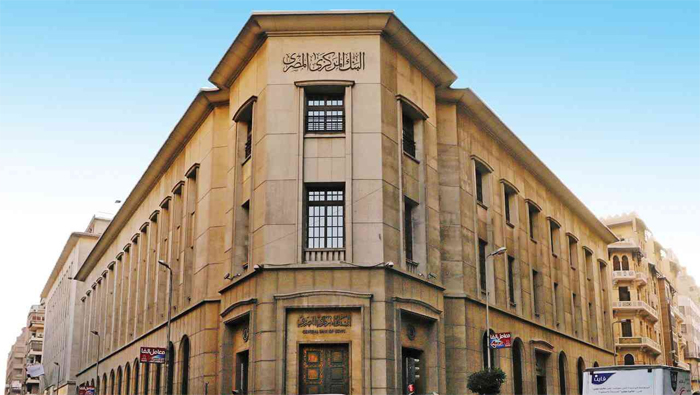(3 minutes read)
According to the Central Bank of Egypt, the country’s net international reserves (foreign reserves) increased by US$127.9 million in February 2023 to US$34.352 billion, as against US$34.224 billion registered in January 2023. Egypt’s reserves are kept in an assortment of foreign currencies including the U.S. dollar, euro, Australian dollar, Japanese yen, Chinese yuan, and gold
According to the Central Bank of Egypt, the country’s net international reserves (foreign reserves) increased by US$127.9 million in February 2023 to US$34.352 billion, as against US$34.224 billion registered in January 2023. Egypt’s reserves are kept in an assortment of foreign currencies including the U.S. dollar, euro, Australian dollar, Japanese yen, Chinese yuan, and gold.
Foreign exchange reserves are used for importing commodities, repaying the installments on interest rates of external debt, and coping with economic crises. A reserve that can meet four months’ import is considered to be a safe mark for any country.
Read Also:
https://trendsnafrica.com/egypts-sinai-state-to-witness-multi-pronged-growth/
https://trendsnafrica.com/kuwaits-investments-in-egypt-is-at-us15-billion/
https://trendsnafrica.com/egypt-starts-selling-its-first-dollar-denominated-sovereign-sukuk/
Going by the size of the economy, the foreign exchange reserves are precarious for Egypt since the country has an upward-moving import bill. To make good the depleting foreign exchange reserves, the Northern African country is approaching multilateral organizations like the IMF and the World Bank. Egypt is also getting considerable aid and other development assistance from the EU and countries in the Middle East. However, the country has a heavy debt burden. Of late, the IMF has advised the country to cut down on liberal incentives given to fuel and other essential commodities and to accelerate the process of privatization as a condition for availing development assistance. Several public sector companies are following disinvestment paths by inducting the private sector.





